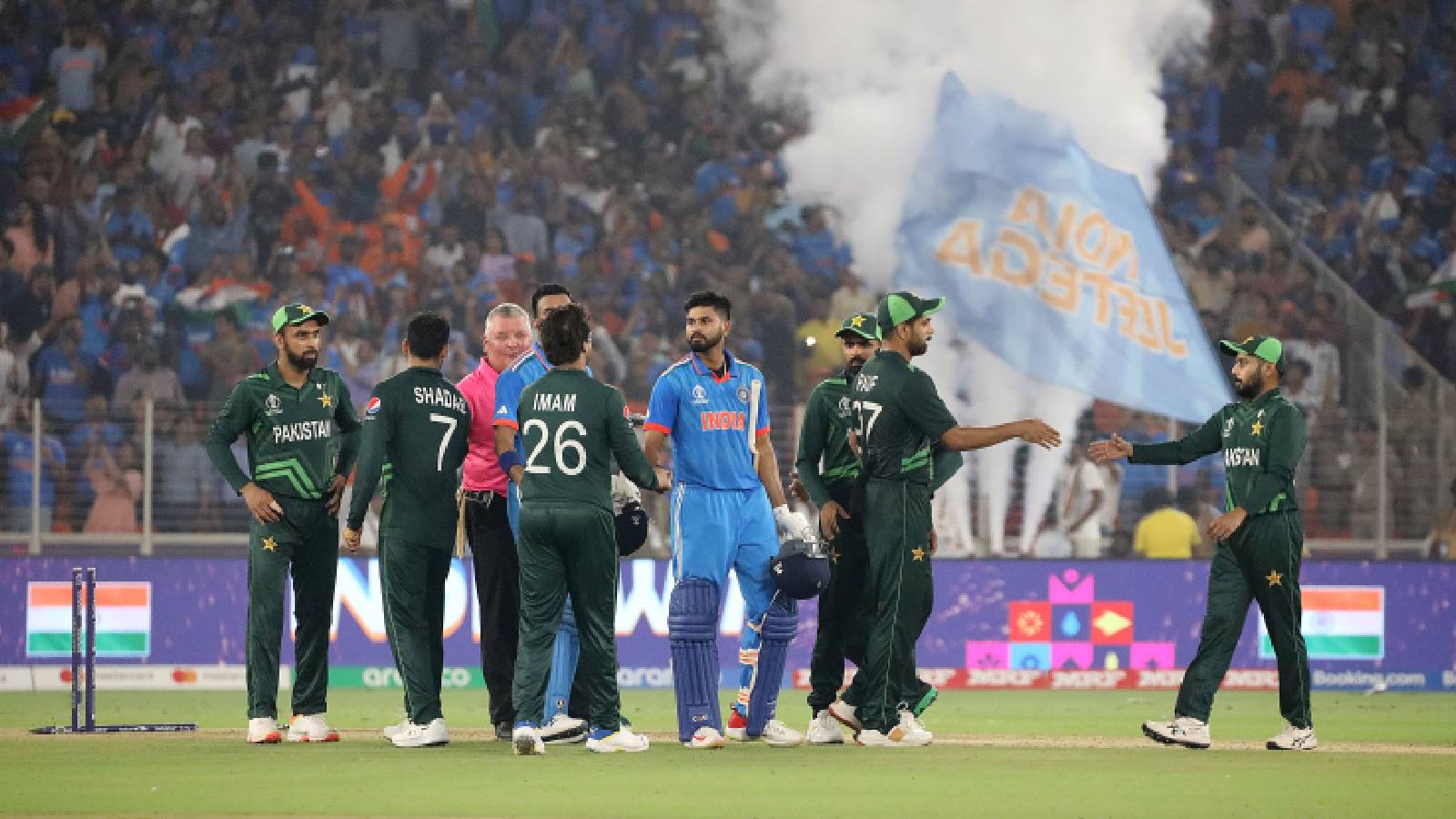 |
|
The future of the Champions Trophy hangs precariously in the balance, caught in the crosshairs of geopolitical tensions and the unwavering stances of cricketing powerhouses India and Pakistan. The International Cricket Council (ICC), facing a significant impasse after India's government denied permission for its team to travel to Pakistan, is reportedly set to propose a hybrid model to salvage the tournament. This model, as indicated by reports from The Indian Express, would see India's three group matches, a semifinal, and the final played in a neutral venue. This proposal represents a significant compromise, attempting to navigate the complex political landscape and the conflicting desires of the participating nations.
The genesis of this crisis lies in India's inability to secure government clearance to play in Pakistan. This decision, rooted in long-standing political tensions between the two nations, has thrown the tournament's schedule into disarray. While the Pakistan Cricket Board (PCB), under the leadership of Interior Minister Mohsin Naqvi, has consistently maintained its preference for hosting the entire tournament within Pakistan (Lahore, Karachi, and Rawalpindi), the current geopolitical climate drastically alters this scenario. Recent unrest in Pakistan, exemplified by Sri Lanka's cancellation of its A-team tour, significantly weakens the PCB's negotiating position. The ICC's proposed hybrid model aims to be a pragmatic solution, considering the safety and logistical realities faced by India while striving to keep Pakistan's contribution to the tournament alive.
The ICC's decision to convene an emergency board meeting highlights the urgency of the situation. The proposed hybrid model represents a departure from the PCB's stated preference, potentially creating a significant hurdle to overcome. The success or failure of the tournament rests squarely on the PCB's response to the ICC's proposal. A rejection would lead to the likely cancellation of the Champions Trophy, a significant blow to the cricketing world and a testament to the enduring influence of geopolitics on international sports. Acceptance, however, would require a concession from the PCB, compromising their desire for a fully home-based tournament. This decision involves balancing national pride, international sporting relations, and the economic implications of hosting a prestigious event like the Champions Trophy.
The potential fallout from the PCB's decision is multifaceted. A rejection of the hybrid model could severely damage Pakistan's reputation as a reliable host of international cricket, potentially leading to future boycotts and impacting their standing within the ICC. Conversely, acceptance of the compromise, while preserving the tournament, might be perceived by some within Pakistan as a sign of weakness or capitulation. The PCB's decision therefore will be scrutinized intensely both domestically and internationally, highlighting the profound complexities and political sensitivity surrounding this crucial sporting event.
Beyond the immediate impact on the Champions Trophy, this situation underscores the broader challenges faced by international sports organizations in navigating politically charged environments. The delicate balance between promoting international cooperation through sport and addressing the security concerns and political realities of participating nations is a constant challenge. The ICC's handling of this situation, and the PCB's subsequent response, will serve as a case study in how international sporting bodies can successfully manage the intersection of sports and geopolitics in a world characterized by complex and often volatile international relations. The world watches with bated breath as the future of the Champions Trophy, and the relationship between India and Pakistan on the cricket field, hangs in the balance.
